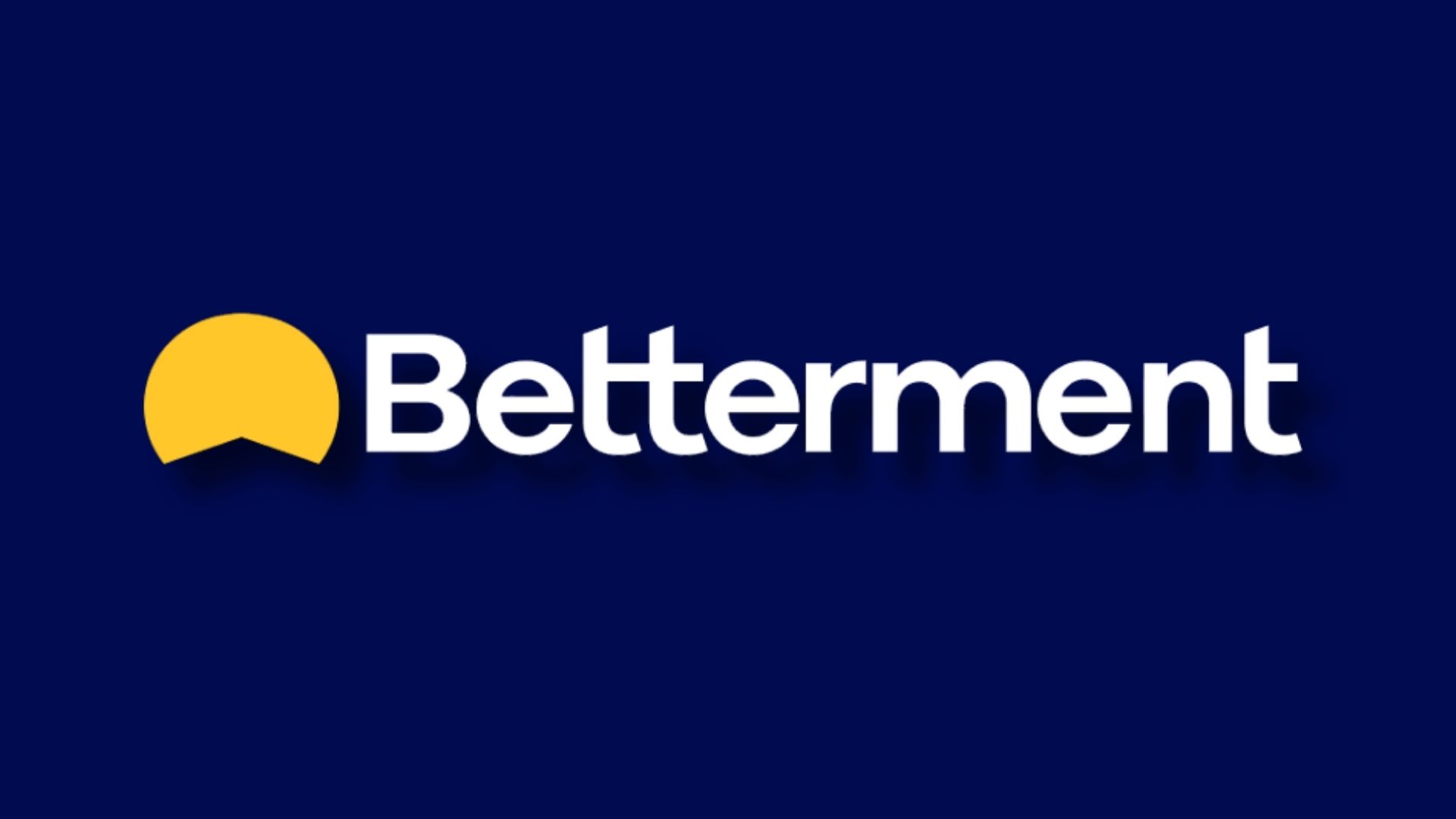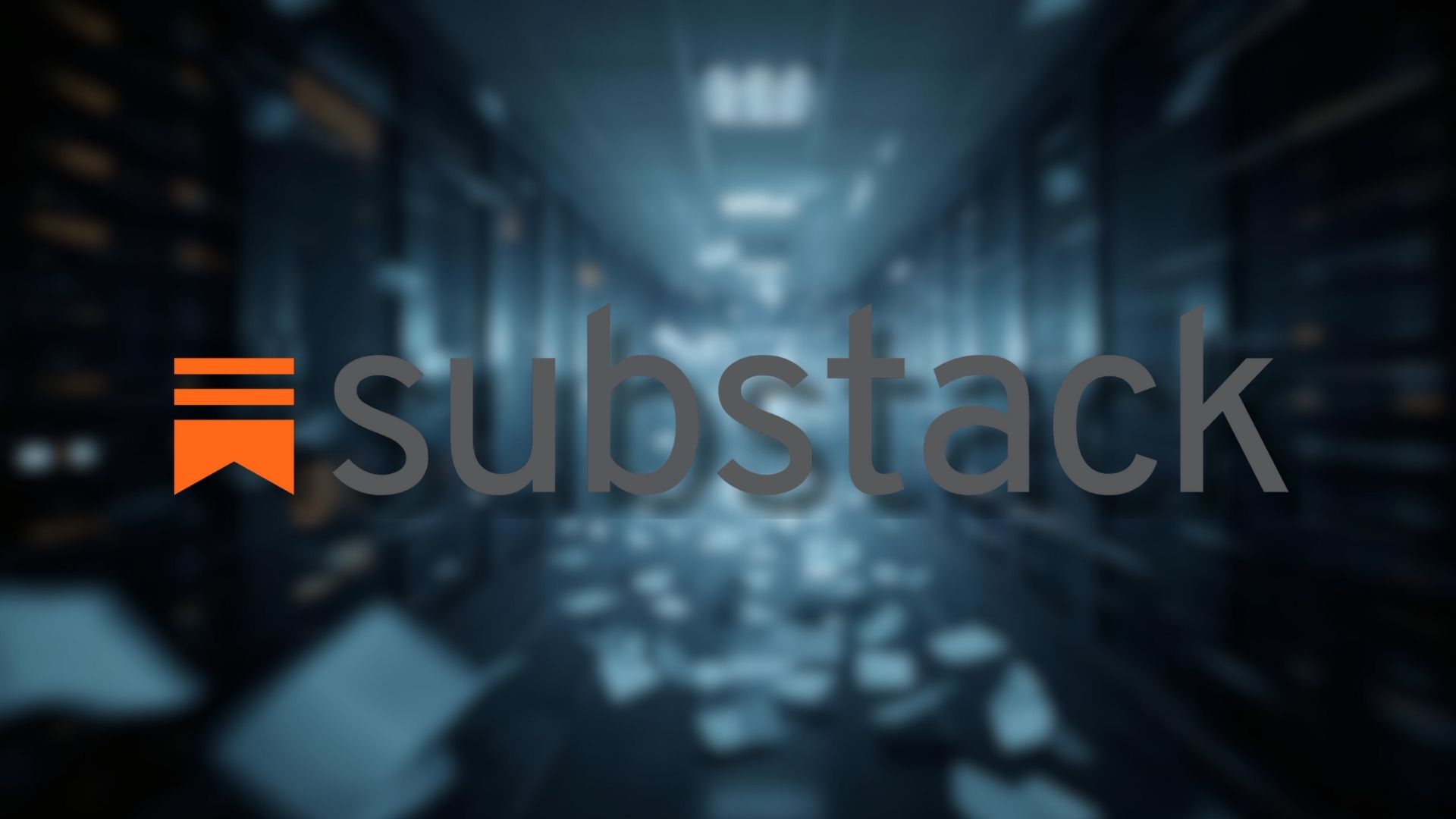Major technology companies in South Korea are tightening restrictions on OpenClaw after rising concerns about security and data privacy.
Their decisions follow growing unease about how autonomous tools may interact with confidential material, rather than remaining contained within controlled platforms.
OpenClaw serves as a self-hosted agent that performs actions on behalf of a large language model, acting as the hands of a system that can browse the web, edit files and run commands.
Its ability to run directly on local machines has driven rapid adoption, but it has also raised concerns that confidential data could be exposed or manipulated.
Industry figures argue that companies are acting preemptively to reduce regulatory and operational risks by ensuring that internal materials never feed external training processes.
China has urged organisations to strengthen protections after identifying cases of OpenClaw running with inadequate safeguards.
Security analysts in South Korea warn that the agent’s open-source design and local execution model make it vulnerable to misuse, especially when compared to cloud-based chatbots that operate in more restricted environments.
Wiz researchers recently uncovered flaws in agents linked to OpenClaw that exposed personal information.
Despite the warnings, OpenClaw continues to gain traction among users who value its ability to automate complex tasks, rather than rely on manual workflows.
Some people purchase separate devices solely to run the agent, while an active South Korea community on X has drawn more than 1,800 members who exchange advice and share mitigation strategies.
Would you like to learn more about AI, tech and digital diplomacy? If so, ask our Diplo chatbot!










